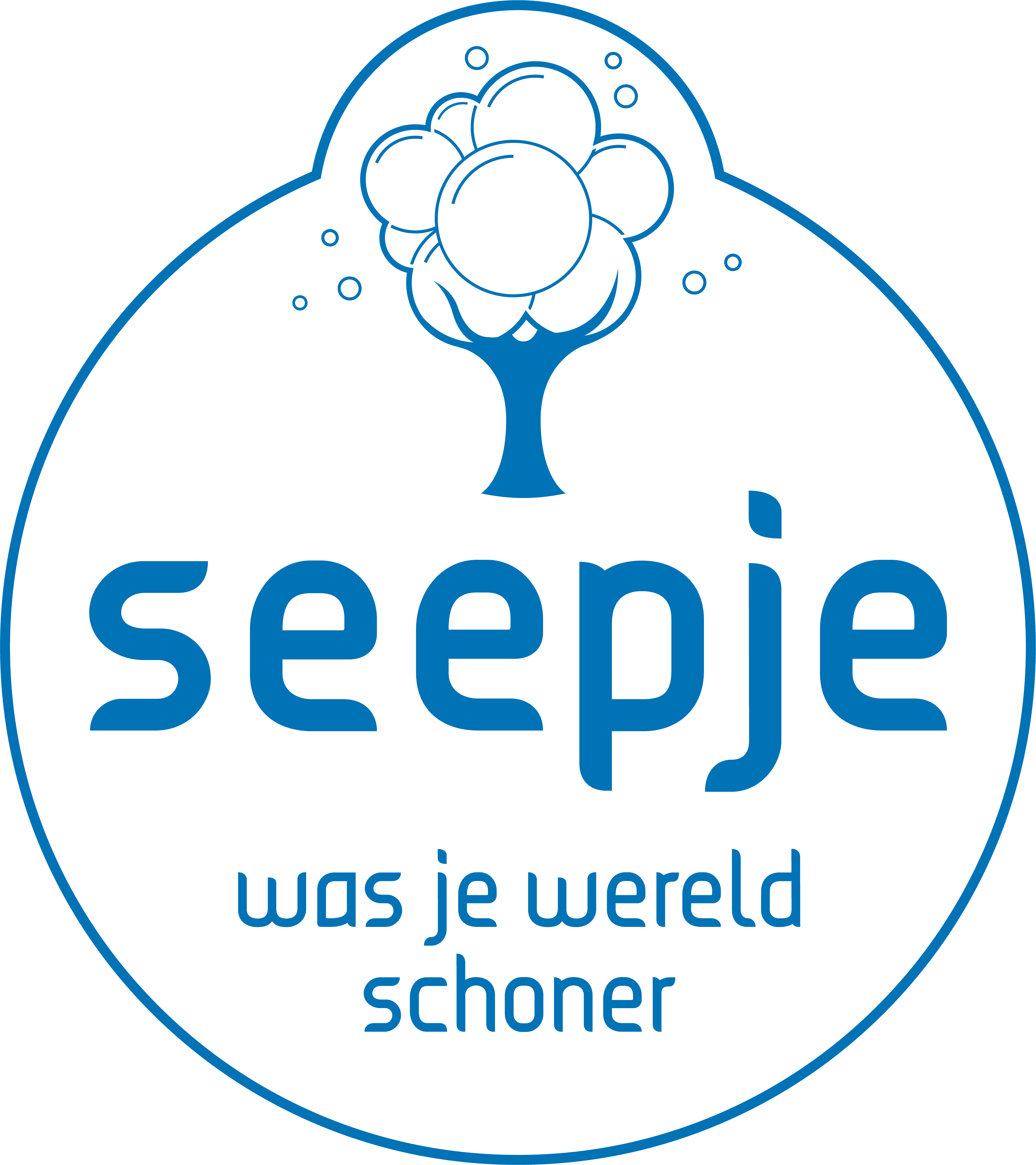

Seepje B.V.

South Holland, Netherlands The
July 2019
Cleaning products
Wholesale/Retail
Austria,
Belgium,
Germany,
Ireland,
Netherlands The,
South Korea,
Switzerland
Seepje produces laundry detergents and cleaning products based on the best natural ingredients, such as the infamous Himalayan supershells! They grow in abundance in India and Nepal. When water is added, these shells will release a natural form of soap, which is the base ingredient for most Seepje products. This is how Seepje creates a cleaner and brighter world. Seepje innovates and leads the way in the use of renewable resources. More than 99% of our ingredients are of natural origin. At Seepje, they also promote nature conservation, as the Sapindus trees are preserved through their trade in the shells. By paying the farmers in India and Nepal a fair price, they actively promote equality and provide them with a livable income. In collaboration with multiple work facilities for disabled people, their products are packed in The Netherlands, where people with poor job prospects play a vital role in the production process. As 21-year old students, Jasper and Melvin – the founders of Seepje – watched a documentary in which a Nepalese woman
Overall B Impact Score
Governance 15.4
Governance evaluates a company's overall mission, engagement around its social/environmental impact, ethics, and transparency. This section also evaluates the ability of a company to protect their mission and formally consider stakeholders in decision making through their corporate structure (e.g. benefit corporation) or corporate governing documents.
What is this? A company with an Impact Business Model is intentionally designed to create a specific positive outcome for one of its stakeholders - such as workers, community, environment, or customers.
Workers 25.4
Workers evaluates a company’s contributions to its employees’ financial security, health & safety, wellness, career development, and engagement & satisfaction. In addition, this section recognizes business models designed to benefit workers, such as companies that are at least 40% owned by non-executive employees and those that have workforce development programs to support individuals with barriers to employment.
Community 35.8
Community evaluates a company’s engagement with and impact on the communities in which it operates, hires from, and sources from. Topics include diversity, equity & inclusion, economic impact, civic engagement, charitable giving, and supply chain management. In addition, this section recognizes business models that are designed to address specific community-oriented problems, such as poverty alleviation through fair trade sourcing or distribution via microenterprises, producer cooperative models, locally focused economic development, and formal charitable giving commitments.
What is this? A company with an Impact Business Model is intentionally designed to create a specific positive outcome for one of its stakeholders - such as workers, community, environment, or customers.
Environment 23.8
Environment evaluates a company’s overall environmental management practices as well as its impact on the air, climate, water, land, and biodiversity. This includes the direct impact of a company’s operations and, when applicable its supply chain and distribution channels. This section also recognizes companies with environmentally innovative production processes and those that sell products or services that have a positive environmental impact. Some examples might include products and services that create renewable energy, reduce consumption or waste, conserve land or wildlife, provide less toxic alternatives to the market, or educate people about environmental problems.
What is this? A company with an Impact Business Model is intentionally designed to create a specific positive outcome for one of its stakeholders - such as workers, community, environment, or customers.
Customers 3.3
Customers evaluates a company’s stewardship of its customers through the quality of its products and services, ethical marketing, data privacy and security, and feedback channels. In addition, this section recognizes products or services that are designed to address a particular social problem for or through its customers, such as health or educational products, arts & media products, serving underserved customers/clients, and services that improve the social impact of other businesses or organizations.